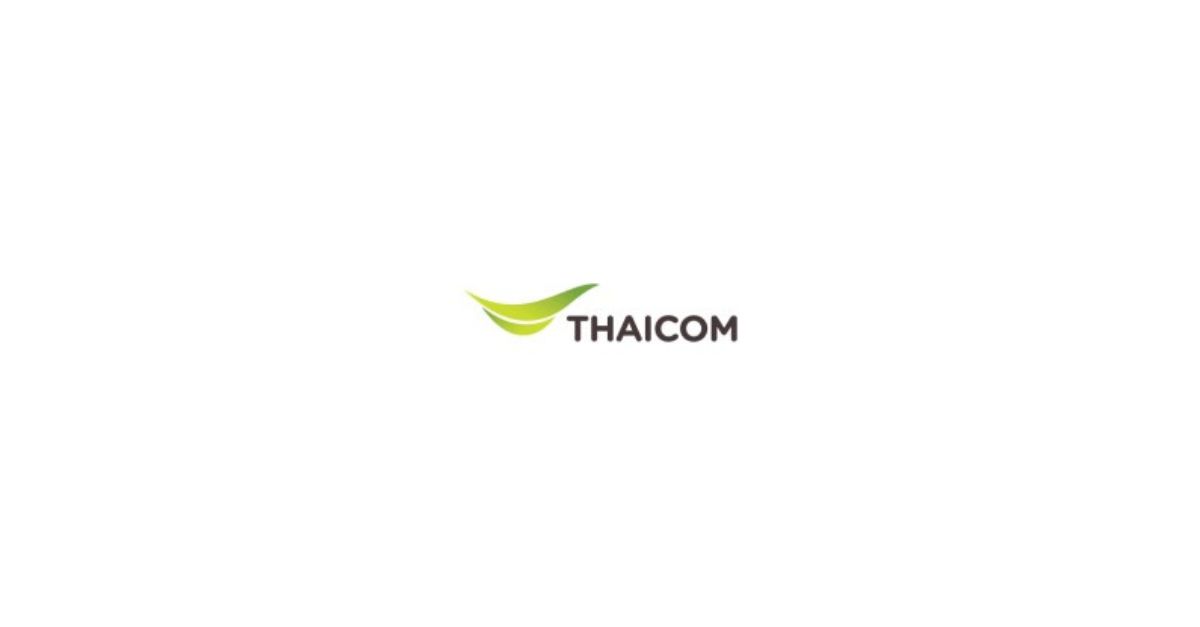Thailand (12/09/2023) - Thaicom, the Thai satellite operator, has enlisted Airbus to develop its Asia-centered geostationary communication satellite, slated for release in 2027. This announcement positions Airbus at the forefront of the industry for this year, rebounding from a winless streak in 2022.
As disclosed on September 11, the forthcoming Thaicom-10 satellite will be pioneering for Thaicom, featuring a software-defined payload — a first for the operator. This innovative technology will grant Thaicom the agility to modify the satellite's capacity and coverage in response to fluctuating market demands, while stationed in orbit.
Partnering on this venture is French operator Eutelsat, which has contracted to lease 50% of the satellite's Ku-band capacity at a position of 119.5 degrees East. This arrangement will augment Eutelsat’s operational capability over Asia by around 50 gigabits per second. Although the specifics surrounding the contract terms remain undisclosed, it is known that the partnership was over a year in its conceptual stage.
Thaicom CEO Patompob Suwansiri, articulating the objectives of this collaboration at the Euroconsult’s World Satellite Business Week conference held on September 11 in Paris, mentioned that Eutelsat would mainly cater to maritime and aviation markets, whereas Thaicom aims to concentrate on the inland domains.
Furthermore, Suwansiri emphasized the strategic aspect of this collaboration, projecting it as a cornerstone for forging prospective alliances in different spheres. He said, "This collaboration deal with Eutelsat was more than a year in the making and would provide the foundation for partnerships elsewhere.”
The Thaicom-10 marks the ninth commission for Airbus' recently launched adaptable OneSat product line, a testament to its burgeoning prominence in the commercial geostationary satellite communications sphere. Despite not unveiling the details, Airbus confirmed an additional OneSat order from an anonymous patron earlier this year, further augmenting its portfolio.
In a parallel development, the Emirati operator Yahsat has engaged Airbus for preliminary activities on two geostationary communication satellites — Al Yah 4 and Al Yah 5, targeting launches in 2027 and 2028, respectively. These pursuits underline the dynamic expansion within the satellite communications industry, with various operators opting for Airbus's expertise.
Noteworthy is Airbus' adoption of the proven Eurostar Neo platform for these projects, which leverages a “bent pipe” architecture renowned for efficiency in zones with stable demand.
This period has also witnessed other significant moves in the industry, including contracts by new entrants such as Astranis and Swissto12, highlighting a trend towards more regionally focused geostationary spacecrafts.
In retrospect, Thales Alenia Space, Airbus's European competitor that secured seven contracts last year, has yet to announce a contract this year in the commercial satellite communications segment for geostationary orbit.
The satellite communications landscape is evidently undergoing a transformative phase, with collaborations and innovations steering the course. While Airbus spearheads recent developments, industry stakeholders keenly anticipate the strategic alliances and technological advancements that the future holds.



